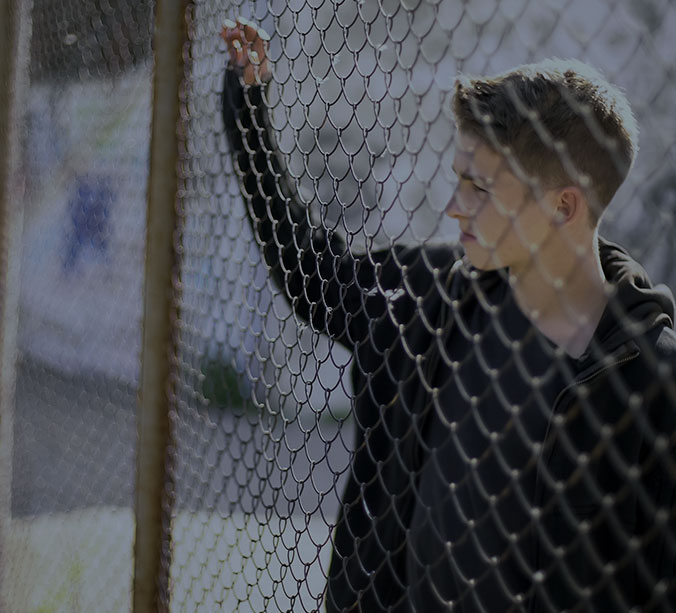Juvenile Justice
A primary objective in the juvenile court system is to rehabilitate a young person so they can become law-abiding, productive members of the community.
At a juvenile’s adjudication hearing, the judge will not find them guilty as they would in an adult trial. Instead they may find that the minor committed juvenile acts. If so, the judge has several sentencing options, which are known as “disposition orders” in juvenile court.
Most often, juveniles are put on probation. While they are on probation, they have to follow rules such as:
- Checking in with their probation officer
- Keeping to a curfew
- Attending court-ordered programs
- Staying away from gang members
- Taking drug tests
- Attending school
They also may be confined in a juvenile detention facility or they may be sent to a child welfare facility.
Other consequences can include community service, substance abuse programs and counseling.
Juveniles adjudicated as delinquent may be required to pay restitution to the victim to reimburse them for damaged or lost property, or to reimburse them for a personal injury. They are also sometimes required to pay fees or fines to the community or the court.
How A PA Juvenile Conviction Lawyer Will Help
If your child is arrested, you need an attorney who will stand by you every step of the way, work hard to discredit any evidence – and work with you to determine the best course of action.
If a minor’s case is going to be tried in an adult court, whenever possible your attorney will try to have the case moved to a juvenile court.
Pennsylvania Minors Law
Laws for minors are described and defined in The Pennsylvania Code under Title 18, Chapter 63. Read the code here.
Questions? Contact us today.
Based on the evidence, Fienman Defense will try to get juvenile charges dismissed or lowered. Should the case go to a hearing or trial, we will fight to present the strongest defense possible for your situation.
